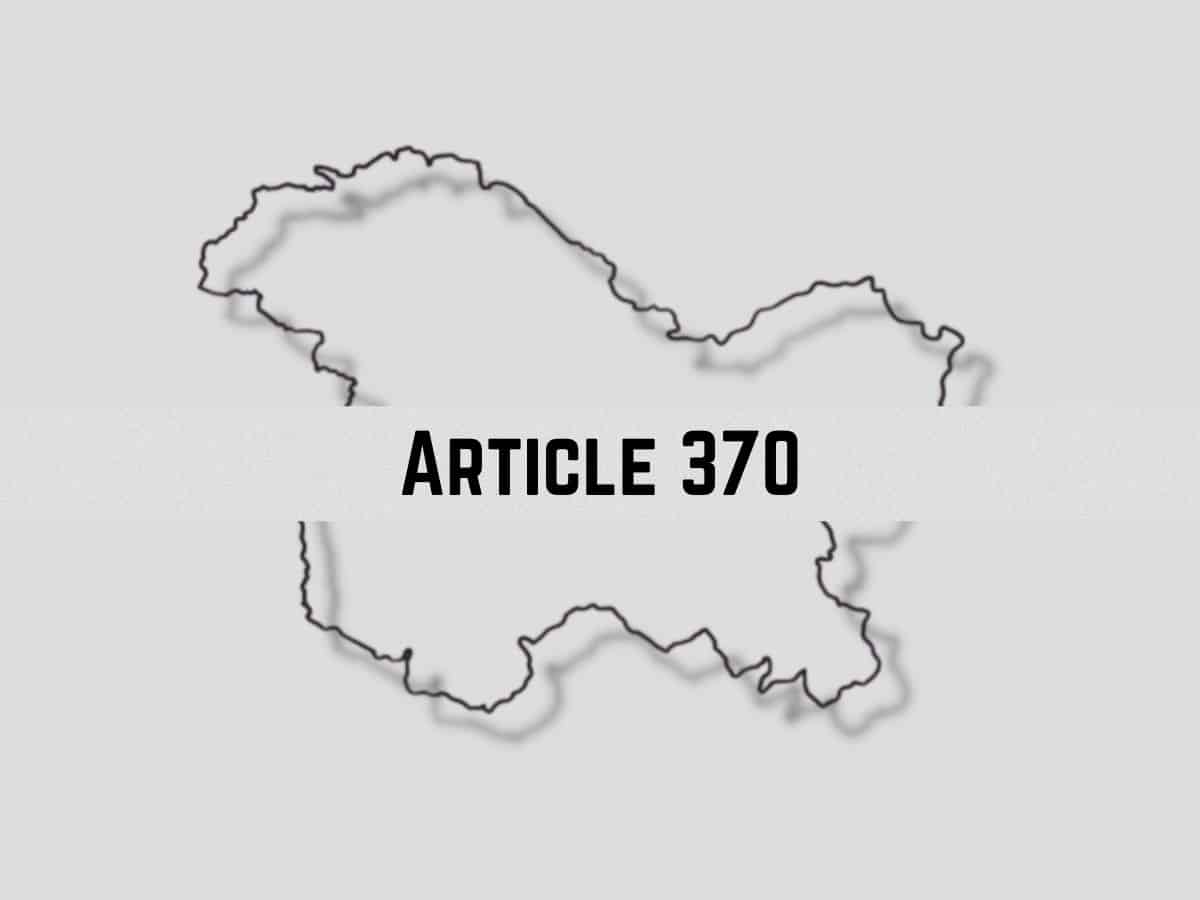
As the Supreme Court upheld the Centre’s move of scrapping Article 370, which granted semi-autonomous status to the erstwhile state of Jammu & Kashmir and restricted the Centre’s legislative powers with respect to the state, legal experts see its implications on several other decisions made by the Centre beyond Jammu & Kashmir.
While delivering the verdict, Chief Justice of India, DY Chandrachud, said, “Every decision taken by Union on behalf of State during Presidential rule not open to challenge…this will lead to the administration of state to a standstill.” The court also held that it was not going into the question of whether parliament can convert a state into a union territory. It was done because ‘Solicitor general has promised to restore the statehood.”
The court also directed the Election Commission of India to conduct elections ‘by September 30, 2024’, notably intervening with an independent body (the Election Commission) empowered to autonomously determine poll schedules.
Interestingly, the plea for elections wasn’t a part of any petitions.
Article 370: Why was it introduced?
Following the Indian partition in 1947, Hyderabad, Junagadh, and Kashmir stood as independent states outside any dominion. On July 25, 1947, Mountbatten, India’s final British Viceroy, informed the princes of these states that the Indian Independence Act liberated them from obligations, providing them with technical and legal independence.
Junagadh, predominantly Hindu in population but with Muslim rulers, was annexed in February 1948. Hyderabad became a part of the Indian Union on September 17, 1948, following Operation Polo.
Kashmir, a Muslim-majority state governed by a Hindu prince, was among the 562 British crown states left to determine their future. However, in October 1947, Indian minister VP Menon met Maharaja Hari Singh after armed tribesmen from North West frontier entered Kashmir. They agreed that Kashmir’s accession to India would be accepted, pending a plebiscite once the law and order situation permitted.
As hostilities between India and Pakistan grew over Kashmir, Article 370 was incorporated into India’s Constitution on October 17, 1949, designated as Article 306A by the Constituent Assembly. This provision aimed to grant special status to Jammu and Kashmir, offering autonomy within the Indian Union, accounting for the unique circumstances of the state and promise of a referendum.
It gave the state legislature to make its own laws in all matters except for finance, defence, foreign affairs and communications.
Considered by legal experts as a constitutional and legal bridge between India and the state of Jammu and Kashmir after its accession to India under unique circumstances, Article 370 granted the erstwhile state a distinctive status.
Why was it revoked?
The BJP-led Centre had long promised to revoke Article 370, which would technically require assent from the Legislative Assembly of the state. On June 19, 2018, Governor’s Rule was imposed in Jammu and Kashmir after the BJP withdrew its support to the coalition government led by Chief Minister Mehbooba Mufti. Following the dissolution of the Legislative Assembly on November 21, 2018, President’s Rule was imposed.
On August 5, the Centre issued an order that made “all the provisions of the Constitution” applicable to J&K state. On August 6, the President issued a declaration under Article 370(3) making all its clauses inoperative except the provision that all articles of the Constitution shall apply to J&K.
This move was opposed and a batch of petitions were filed in the Supreme Court against the Centre changing the special status of the Jammu and Kashmir and bifurcating it into two Union territories.
Implications of SC verdict
- Article 35-A, brought into the Constitution through Article 370, empowered the Jammu and Kashmir state legislature to define the permanent residents of the state and their special rights and privileges. With the SC disposing of the petitions against revocation of Article 370, Article 35-A also stands scrapped.
- The SC verdict also upholds Reorganisation of Jammu and Kashmir, which was done on the same day it made changes to Article 370. It bifurcated the state into two Union Territories.
- A massive delimitation exercise was conducted to delineate Lok Sabha and Assembly constituencies in the Union Territory. Local political parties objected to it, as six more seats were awarded to the Jammu region as compared to only one to Kashmir. The parties accused the BJP of using the delimitation exercise to help them politically. The delimitation was also challenged in the Supreme Court, and the petition was dismissed.
- West Pakistan Refugees, Hindu migrants who came from across the border and settled in Kathua and Samba districts, are considered citizens of India and can vote in the Parliamentary elections. However, they couldn’t vote in the Legislative Assembly elections as they were not considered the subjects of the State. That will also change now.
- There will now be a reservation for Kashmiri pandits and displaced people from PoK, according to a recent bill passed in the parliament.
- The SC also ordered the Election Commission to hold elections in J&K by Sept 30, 2024. This directive essentially permits the postponement of elections even beyond the expected schedule of the country’s general election set for the following spring. Jammu and Kashmir has faced a prolonged electoral hiatus, marking almost a decade since the last polls in Nov-Dec 2014. This court directive also appears to contradict the Union government’s espousal of the ‘One Nation One Election’ concept, advocating simultaneous elections across the country.



